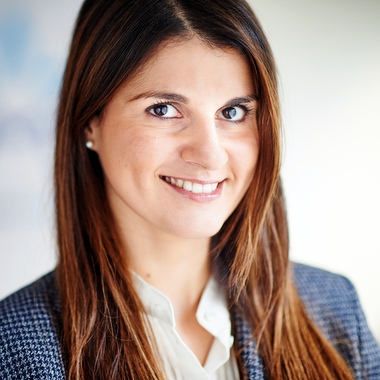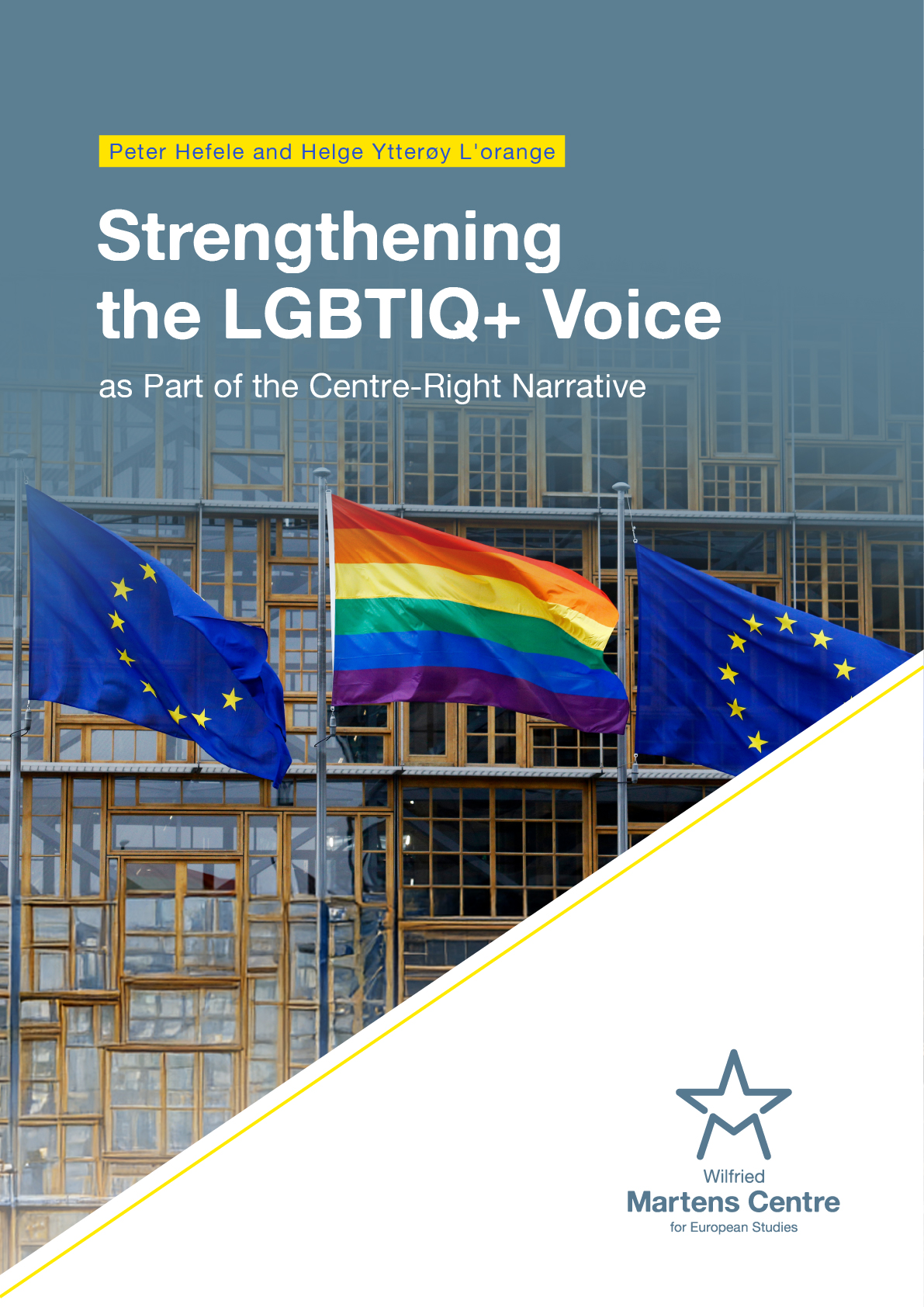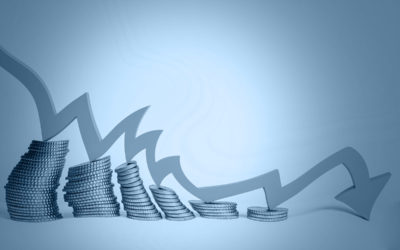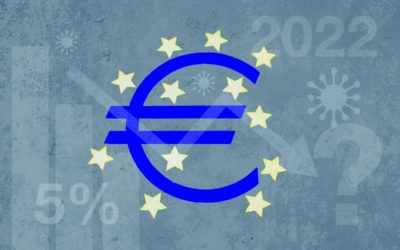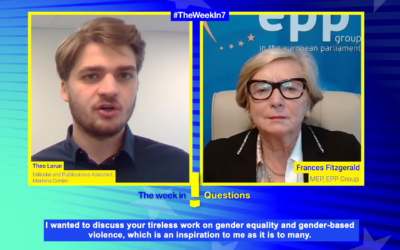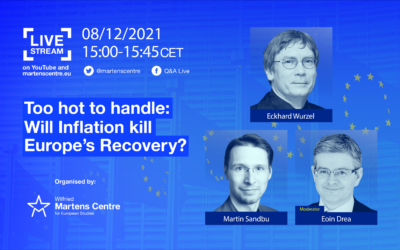Tackling gender equality – one misunderstanding at a time
19 February 2019
Even in polite conversation, the subject of gender equality and women’s rights generally evokes an emotive response that often veers into wider subjective judgements about identity, values and society. Ironically – and there are countless ironies when considering these issues – these discussions generally get mired in fruitless arguments about the end result of gender inequality (such as the gender pay gap) rather than seeking to tackle the underlying causes (education, childcare and work-life balance to name but a few).
There are three primary misunderstandings which are contributing to the vacuous nature of much contemporary political debate on gender issues. First, and perhaps the most common misconception, is to think that gender equality only concerns women. The fact is that gender equality is often viewed – by both men and society – as a feminist issue only. This is why it is crucial to explain that gender equality concerns us all.
Recent Martens Centre research illustrates the importance of gender equality in a growing European economy. The paper identifies four strategic policy actions to help tackle the structural rigidities that facilitate gender inequalities. These are:
- the promotion of better work-life balance
- embedding equality in national tax systems
- tackling gender stereotypes through education
- understanding the benefits of long term investments for long term gains in terms of equality policies
The paper also clarifies that it should be the EU’s responsibility to focus on setting the overall strategic objectives that need to be attained, but the implementation of specific gender policies should be tailored towards the institutional, economic and cultural framework of each country and should be implemented at national level, in line with the principle of subsidiarity.
Second, it is important that men take an active part in this debate and are not viewed as the “enemy” by proponents of gender equality principles. The emotive reaction of those experiencing inequalities often seeks to frame the issue as a clash of genders: “us” versus “them”. But actually, the move towards greater equality needs men and women working together and sharing the same goals.
Equality should not be seen as a victory for women over men’s “predominance”. It should be seen as a crucial achievement of a society that is more reflective of the daily challenges facing tens of millions of European families.
The third misconception is that gender equality issues are a prerogative of the Left and as a result centre and centre-right political forces should avoid seeking to replicate or support this “progressive” agenda. Yet, such a view places perceived political imperatives before combatting issues impacting most severely upon traditional centre-right voters, namely hard-working Middle-Class families.
Centre and centre-right political forces can and should mark their distance from the leftist, radical approach by promoting a set of concrete, achievable policies aimed at reducing inequalities for the benefit of our economies and societies.
To name a few examples: designing a tax system and maternity-paternity measures that encourage both spouses to work, securing access to affordable and good-quality childcare, promoting projects and initiatives in schools aimed at fighting gender stereotypes and, last but not least, enforcing the prevention and sanctions against any discriminations, misconducts and abuses in the workplace and in any other environments.
It should be remembered that gender equality issues go beyond the partisan/ideological discourse and concerns every political actor which is supposed to give precise answers to people’s needs and demands.
Gender equality is one of the core principles of the EU. This is set forth in, for example, Article 2 of the Treaty of the European Union. Gender equality is, at its core, concerned with developing a society which rejects discrimination based on gender, without denying or undermining the importance of traditional customs or rules.
The European Peoples Party (EPP) is a party based on core Christian-Democratic values of solidarity, respect of human dignity, equality and justice. The challenge, therefore, is not so much to embrace gender equality issues, but rather to transform our political rhetoric into political action. Action that will have a beneficial and lasting impact, not just upon women, but for Middle Class families throughout Europe and for our societies at large.
ENJOYING THIS CONTENT?


